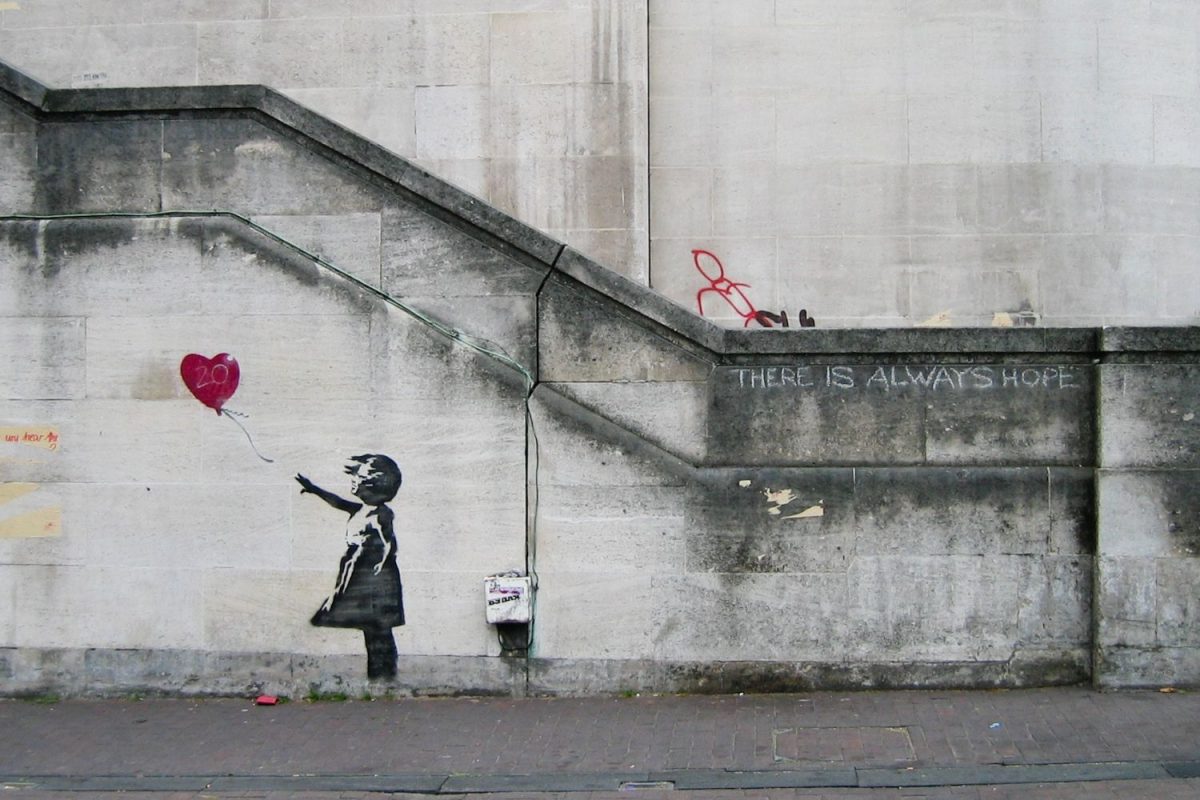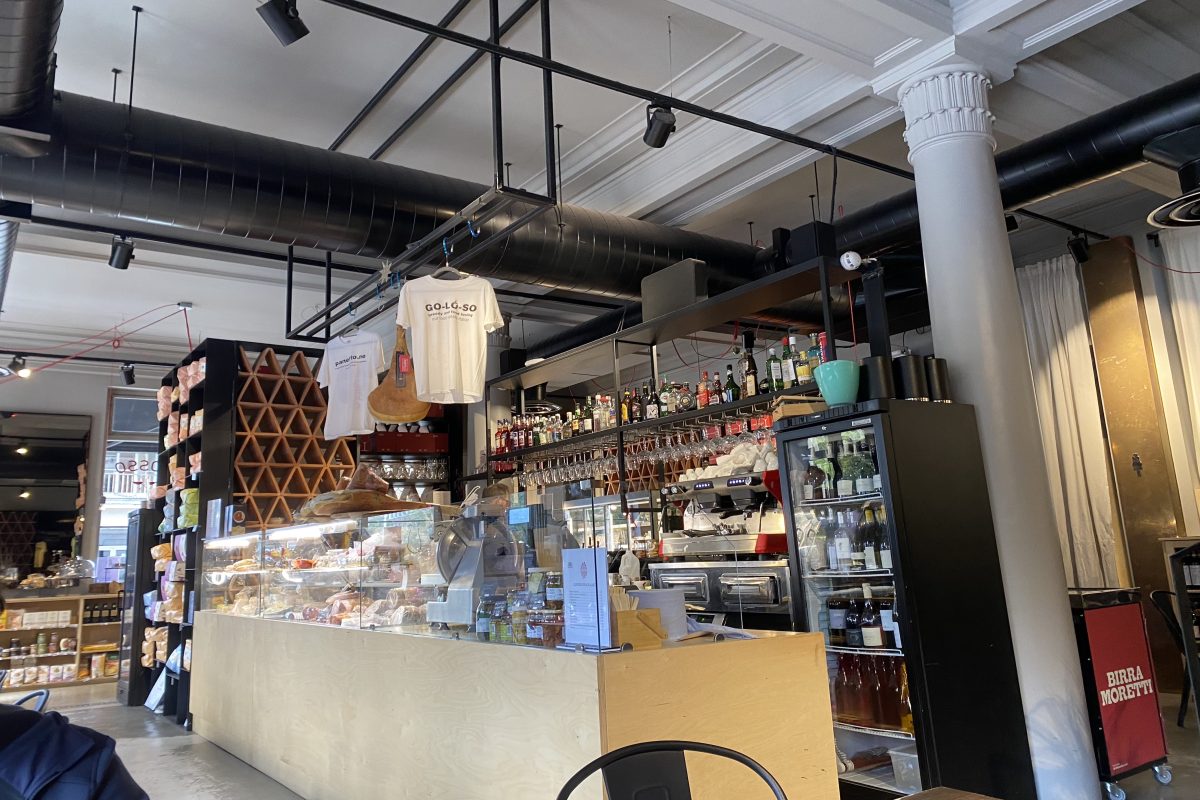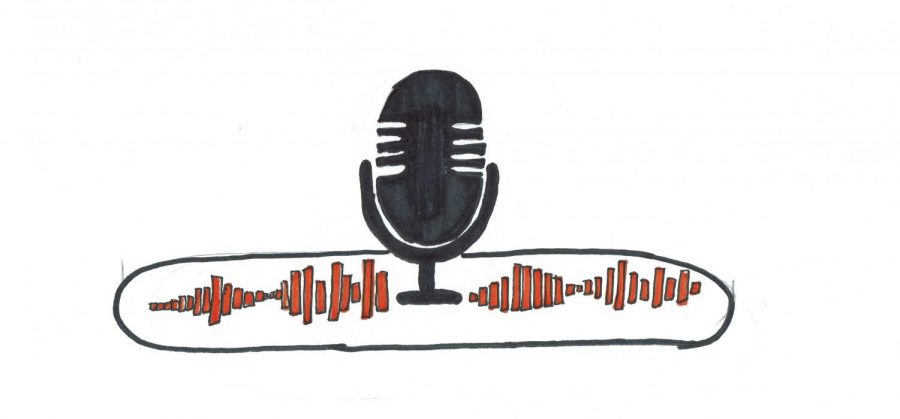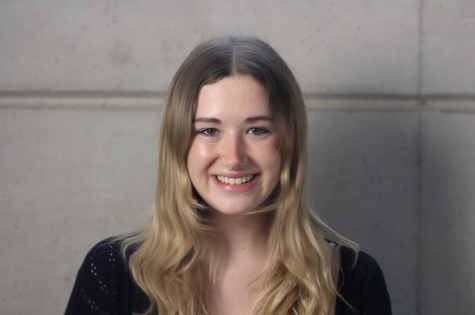For their final project, the Literature and Art English classes put together a series of podcasts, in which they were tasked with answering the question: Why do we need art now?
English Teacher Mark Mazzenga said the goal of creating these podcasts was to help students understand their relationship to art, and “particularly their relationship to art as it applies to the … present tense.”
Each podcast consisted of four segments: Act l, ll, lll and lV. However, the podcasts could be based on a range of topics, such as personal narratives, research or a work of fiction.
Eva Noel (’21) said her podcast was inspired by both a personal narrative and research, in which she asked the question: Why is the show Tiger King so popular during this time?
Noel said she noticed that, while in quarantine, her interest in the show Tiger King, coupled with her feelings of being “overly emotional,” made her want to know the effects that art and TV had on her.
With a podcast, all of that visual aspect is taken away, so you really have to make-up for the lack of visual and face-to-face interaction.
— Eva Noel ('21)
Noel said that this question focused on “low-art” rather than “high-art,” in which “low-art would be like trashy reality TV and high-art would be a painting that you really have to analyze.”
In order to make the podcast, Noel said she researched the effects that watching TV during the pandemic had on people.
“I came across a lot of case studies … and I looked at other people’s experiences with watching the show while the pandemic was going on,” she said.
While Noel worked individually, Jad Rubesh (’21) said they worked with their classmates to create a fictional podcast, in which the content was centered around the theme: “you win some you lose some.”
“All of ours were about either gaining or losing art in some way and how that affects people and what it means to people,” they said.
Rubesh said they were inspired by a podcast series called The Magnus Archives, and wanted their own podcast to replicate this series.
“When we were given this assignment, one of the first things I thought of was doing a podcast similar to another podcast I listened to called ‘The Magnus Archives,’” they said. “I was really inspired by that and the way they did storytelling, and I kind of wanted to do something in the same realm.”
Before creating their own podcasts, students listened to a variety of podcasts before asking Innovator-in-Residence Kwame Alexander about podcasts and the creation process.
It’s purely your voice, so you have to convey and evoke solely with the power and authority of your own voice.
— English Teacher Mark Mazzenga
Rubesh said that, though the production process was challenging, it ultimately taught them many skills he had not previously had.
“[The podcast] was very useful in terms of learning skills about scriptwriting,” they said.
Noel said the process of making her podcast taught her a lot about the art of storytelling.
“Typically when you think of storytelling, you think of someone reading a book in front of you, and that gives you a visual – their faces, their hand gestures, the eye contact they’re making,” she said. “But with a podcast, all of that visual aspect is taken away, so you really have to make-up for the lack of visual and face-to-face interaction.”
Rubesh also said that storytelling was the most important aspect to think about when creating a podcast.
“The most important thing, whether it be fictional or nonfiction, is mainly you want to tell a story,” they said. “Nobody wants to listen to you just reading an essay out loud. You’re there to hear someone tell a story.”
Echoing both Noel and Rubesh, Mazzenga said that, with podcasts, one must rely only on their voice.
“It’s purely your voice, so you have to convey and evoke solely with the power and authority of your own voice,” he said. “You need to understand how your voice controls the narrative … they learned a ton about that from this assignment.”
Mazzenga also emphasized the importance of vulnerability and engaging the listener through life stories.
“In the case of a personal narrative, that meant when to kind of insert your own life story and when to be vulnerable, and how do you get your audience to empathize and sympathize with you,” he said.
Rubesh said that the process was extremely rewarding for them.
“Not only did I overcome challenges but I also created something that I’m very proud of,” they said.







